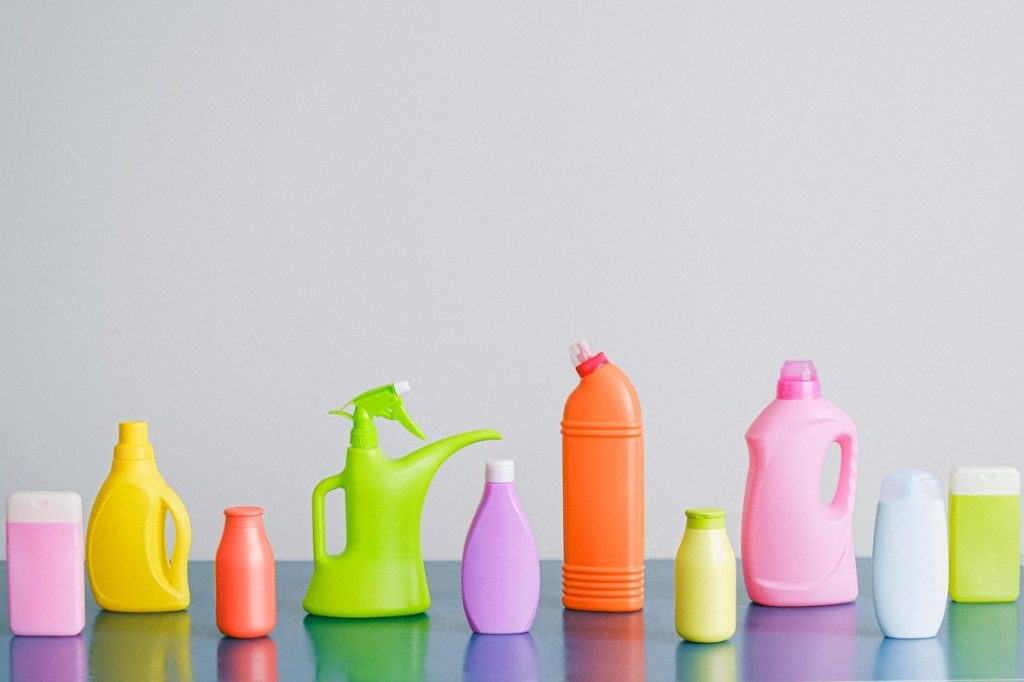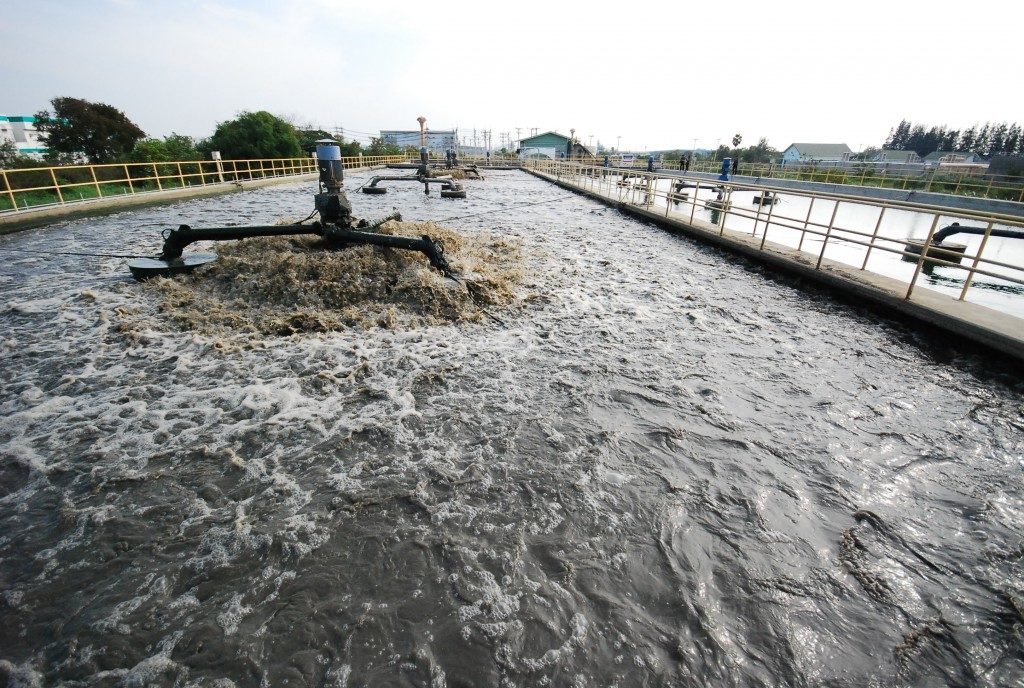Property owners spend a lot of money sprucing up a house to make it pleasant and comfortable. Home upgrades are performed occasionally to improve the living conditions of the inhabitants.
We all want to have a home that we can enjoy and relax in, but no matter how beautifully a house is updated, if the air quality in it is stale and unpleasant, no living soul will enjoy staying in it for long.
That is why the air quality inside the house is as important as outside. Keeping good indoor air quality helps keep a person healthier. With a lot of emphasis being given to good air quality nowadays in light of the pandemic, here are some ways to improve the quality of air inside your home:
- Keep it well-ventilated
- Regularly check and clean your ventilation system
- Make your home a no-smoking zone
- Avoid using household products that have a high VOC content
- Minimize dust and get rid of dust mites
- Reduce mold and mildew around the house
- Keep your pets well-groomed and clean up after them
- Use plants to decorate your indoor and outdoor spaces
Keep it well-ventilated
One of the easiest and best ways to improve and boost air quality indoors is to open your windows and let some fresh air in. Open your windows at least once a day to let in a gush of fresh air and let out some stale indoor air. The best time to purify your indoor air is during the early mornings, cold evenings, or even after a rainfall.
If you are located in an area where the external air quality isn’t as good as you would want it to be, perhaps due to industrial pollution, dusty and moldy surroundings, and other factors, keeping the windows shut doesn’t solve your problem but makes it even worse. Trickle ventilation might help you let out indoor pollutants as you let some fresh air in.
Regularly check and clean your ventilation system
Regular maintenance of your HVAC system and vents will do wonders in keeping the quality of air inside the house high. Proper air duct cleaning should be done regularly, as well as replacing filters. Using gas detectors also helps ensure the air you’re breathing inside is safe. Keep in mind that several hazardous gases can come into your house undetected, like radon for instance. Make sure that you regularly have your house’s radon levels checked. Using HEPA filters also helps fight off indoor air pollution and humidity.
Make your home a no-smoking zone
We’re all quite aware that second-hand smoke is more dangerous. For this reason, do your best to keep your home smoke-free. Avoid smoking indoors if you can’t completely eliminate the habit.
However, other than cigarette smoke, there’s also carbon monoxide, nitrogen oxide, Pretty much any kind of smoke is not healthy for your lungs.

Avoid using household products that have a high VOC content
Volatile organic compounds, or VOC, are found in a lot of products like cleaners, floor polish, paints, and shellacs. These cleaning products that contain high amounts of VOC release toxic chemicals that greatly compromise indoor air quality and ultimately, your health.
Avoid using such products and only choose those with low to no VOC content. If you’re using cleaning products with even the lowest VOC content, keep your doors and windows open or turn on your exhaust fans to siphon the fumes.it would be best if you just use alternative household cleaning solutions instead.
Minimize dust and get rid of dust mites
Never underestimate dust as they contain dust mites which are harmful microscopic pests. You’ll find them wherever there’s dust — on your upholstered furniture, bed, plushies, and carpets. These pests thrive in humid conditions and feed on the human skin.
The best way to deal with this is to keep the amount of dust in your home at a minimum level. Use impermeable pillowcases and mattresses. Vacuum around the house and clean out your carpets and upholstered furniture.
Reduce mold and mildew around the house
The higher the humidity level, the greater the chances of mold and mildew around the house. And mold and mildew make for a hazardous and unhealthy interior environment. Dampness alone can cause difficulties in breathing and mold spores when breathed in by asthma sufferers can cause serious problems.
Avoid mold and mildew accumulation around the house by regularly checking your home’s ductwork. Repair leaks and drips as soon as you spot them. And use your AC and dehumidifiers to flush out damp air.
Keep your pets well-groomed and clean up after them
Pets may be an important part of the family but they can also lower the air quality inside your home. Keep furry pets out of your bedroom, especially those that shed a lot. Comb through your carpets and furniture to remove fur, unpleasant odors, and pests. Groom them regularly and take time to inspect them for any signs of ticks, fleas, and other pet pests.
Use plants to decorate your indoor and outdoor spaces
As a bonus, one of the best ways to improve air quality at home is to have plants as your interior decor. Plants don’t only liven up the place but they also clean the air through photosynthesis. Having the right indoor plants can make a big difference in your indoor air condition.
Have you found the information listed above very helpful in improving your living condition and, ultimately, your health? Browse online for more tips and guides.





